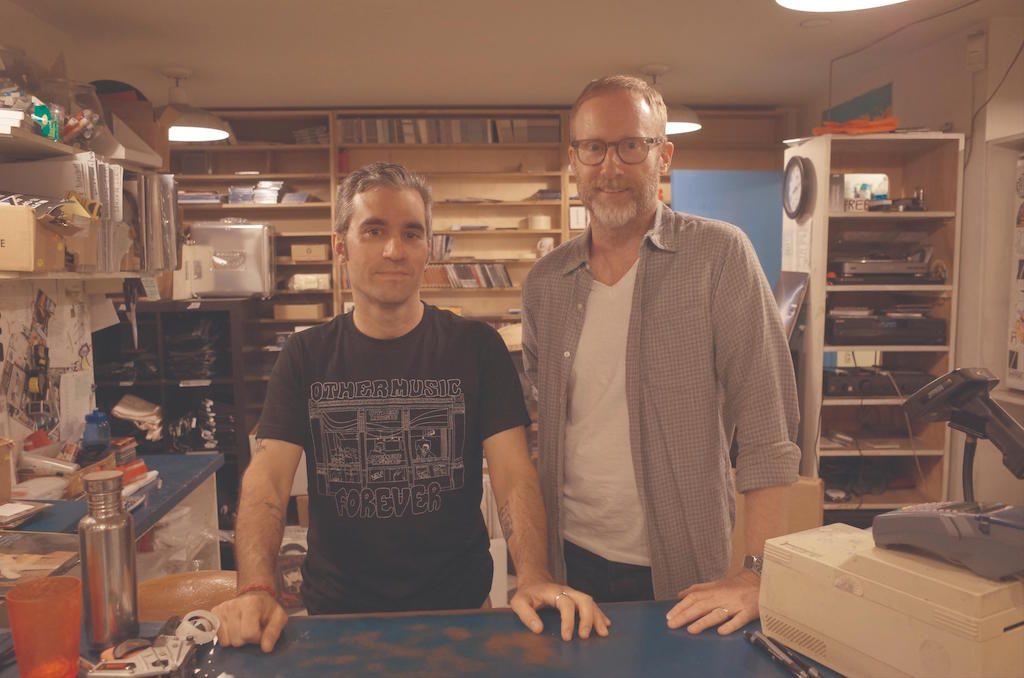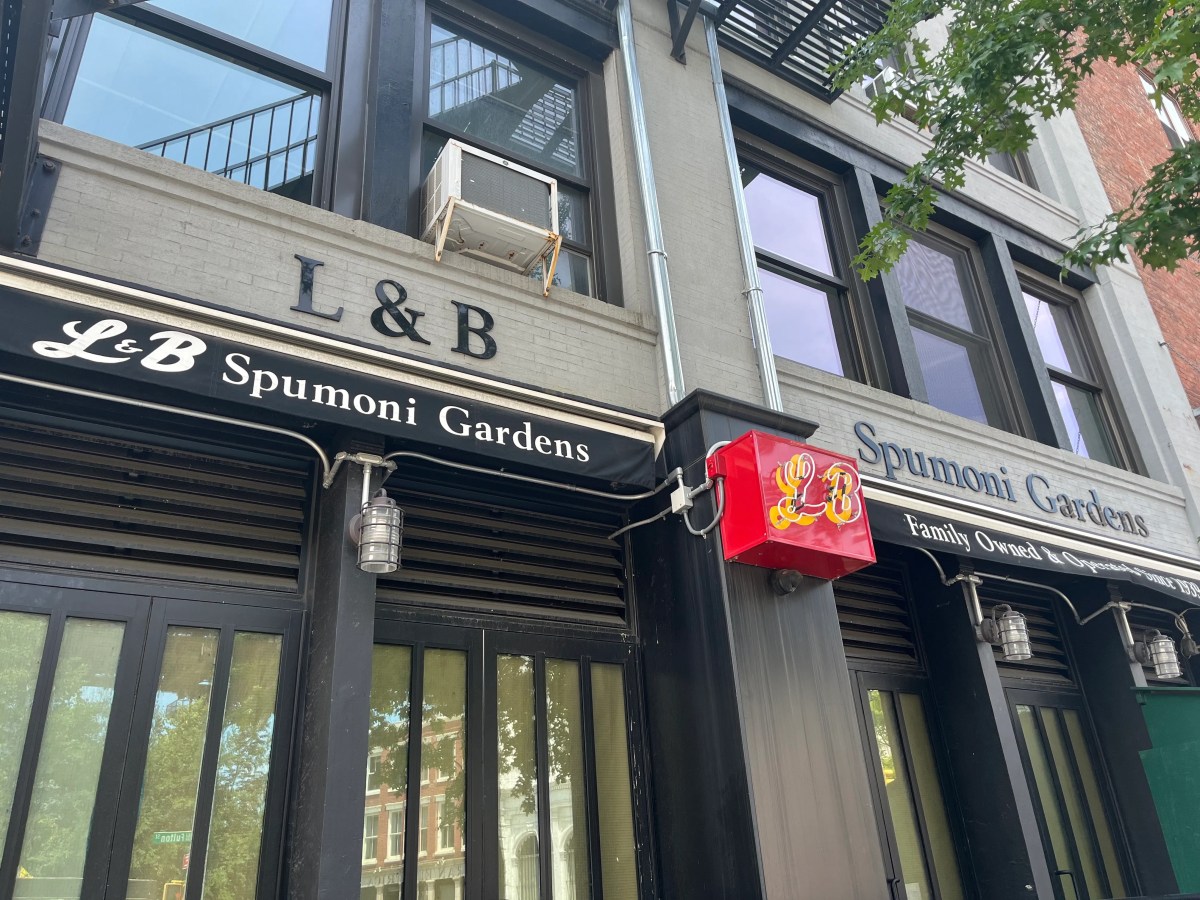BY GABE HERMAN | The documentary “Other Music,” about the Village music store of the same name, premiered April 26 at this year’s Tribeca Film Festival and tells the story of the legendary shop for alternative music.
Other Music was at 15 E. Fourth St, between Broadway and Lafayette St., for 21 years until closing in June 2016.
Its name referred to its focus on lesser-known music outside the mainstream, which you might not have found at a store like Tower Records, which was just across the street on the same block.

Directors Puloma Basu and Rob Hatch-Miller were able to make the documentary thanks to raising $75,000 through Kickstarter.
The film details the shop’s history, including how its three co-founders, Josh Madell, Chris Vanderloo and Jeff Gibson, met as employees at Kim’s Underground, the Bleecker St. video store where they started a music section before leaving to launch Other Music.
But the documentary also effectively explores the soul of the shop and what made it special for so many die-hard music lovers who were looking for something different, and perhaps the chance of stumbling upon the next big thing.
The staff was full of experts in different genres and subgenres of music, with some even being musicians themselves.
Many signs in the store were handwritten, giving detailed descriptions and reviews of albums and CDs that went beyond just artist and title.
The store also hosted live performances from indie artists, many of them unknown but some established, as well. The first performance was by Yo La Tengo, and Mogwai also performed in the tiny shop.
The doc explores every angle of the shop, including how staffers could occasionally be snobby or elitist, the love it got from the local music scene and bands like Interpol and the Yeah Yeah Yeahs, its having a refreshingly high number of female staff members, and its attempts to adapt to the Internet over the years. The latter included setting up a short-lived MP3 store in 2007, and having an e-mail newsletter that went out to tens of thousands of devoted fans.
The 83-minute film never lags despite its very specific focus on the one shop. And it does a good job of conveying the changing face of the Village and the loss of local shops, without being too heavy-handed. The changes wrought by the Internet on music stores and how people consume music can’t be ignored, though, and they aren’t.
Tower Records closed in 2006. Other Music remarkably was able to hang on another 10 years.
“Before the Internet or social media,” an Other Music staff member says in the film, “people trusted each other.”
A final public screening as part of the Tribeca Film Festival is scheduled for Sun., May 5, at 8:45 p.m., at Village East Cinema, at 181 Second Ave.
A second round of funds was raised on Kickstarter before the Tribeca premiere. The additional $25,000 was used to make final edits and launch the film at the festival and beyond.
Part of the fundraising page reads, “After the world premiere at Tribeca we’ll be taking Other Music to other film festivals across the US and around the world, and looking for distribution partners to bring the movie to an even wider audience.”



![Doc brings former alt-music shop to life 1 OTHERMUSIC_[ROB_HATCH-MILLER]_3_PR_HR_UBG_CMYK.jpg_rgb](https://www.amny.com/wp-content/uploads/2019/04/OTHERMUSIC_ROB_HATCH-MILLER_3_PR_HR_UBG_CMYK_rgb.jpg?w=1024)































